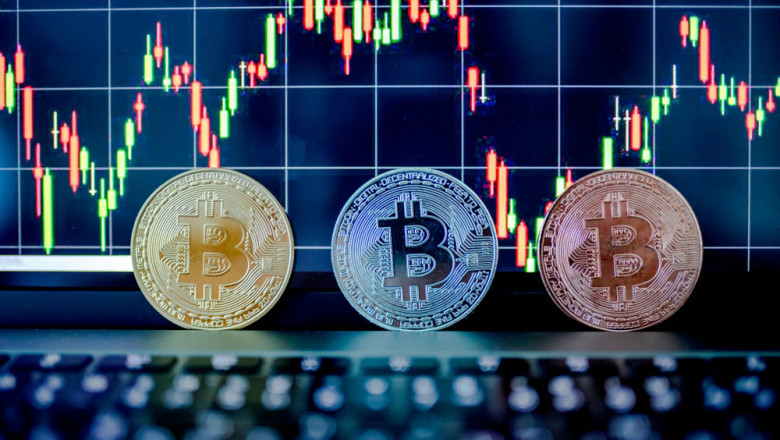views
The virtual currency market has become one of the most dynamic and rapidly evolving sectors in the global financial landscape. Since the inception of Bitcoin in 2009, virtual currencies, also known as cryptocurrencies, have revolutionized how people perceive and interact with money. These digital assets, secured by cryptography and often decentralized through blockchain technology, have created new opportunities for investment, trade, and financial innovation.
At its core, the virtual currency market consists of digital tokens that operate independently of traditional banking systems. These currencies can be used for a wide range of purposes, from everyday transactions and online purchases to complex financial contracts and decentralized applications. Unlike fiat money controlled by governments and central banks, virtual currencies offer users more autonomy, transparency, and often lower transaction fees.
One of the most striking features of the virtual currency market is its volatility. Prices of popular cryptocurrencies like Bitcoin, Ethereum, and others can swing dramatically within hours, driven by market speculation, regulatory news, technological developments, and macroeconomic factors. This volatility attracts both retail investors seeking high returns and institutional players aiming to diversify portfolios with alternative assets.
The rise of virtual currencies has led to the development of extensive marketplaces, known as cryptocurrency exchanges. These platforms allow users to buy, sell, and trade digital currencies with ease. Popular exchanges like Binance, Coinbase, and Kraken offer advanced tools for trading, including spot markets, futures contracts, and decentralized exchanges (DEXs) that operate without a central authority. This infrastructure has lowered barriers to entry, enabling millions worldwide to participate in the digital economy.
Regulation is a critical aspect shaping the virtual currency market's future. Governments and financial authorities across the globe are striving to balance innovation with investor protection and financial stability. Some countries have embraced cryptocurrencies by developing clear regulatory frameworks, while others have imposed strict restrictions or outright bans. Regulatory clarity is essential to prevent fraud, money laundering, and illicit activities while fostering legitimate growth and adoption.
Another transformative element in the virtual currency market is the emergence of decentralized finance (DeFi). DeFi platforms leverage blockchain technology to offer traditional financial services—such as lending, borrowing, and insurance—without intermediaries. This disruption challenges conventional financial institutions and promises greater financial inclusion, especially in underserved regions lacking access to banking.
The market's rapid growth has also spurred innovation in digital assets beyond currencies. Non-fungible tokens (NFTs), stablecoins pegged to fiat currencies, and central bank digital currencies (CBDCs) are reshaping how value is represented and transferred. NFTs have opened new avenues for digital art, gaming, and intellectual property, while stablecoins aim to combine the benefits of cryptocurrencies with the stability of traditional money.
Despite its potential, the virtual currency market faces significant challenges. Security concerns such as hacking, fraud, and scams remain prevalent. The irreversible nature of blockchain transactions means lost private keys or compromised wallets can lead to permanent asset loss. Furthermore, environmental concerns have risen due to the energy-intensive process of mining some cryptocurrencies, prompting a push toward more sustainable consensus mechanisms like proof of stake.
Looking ahead, the virtual currency market is poised for continued expansion and integration into mainstream finance. Major corporations are increasingly accepting cryptocurrencies for payments, and financial institutions are offering crypto-based investment products. Central banks exploring CBDCs indicate the growing acceptance of digital currencies in public policy.
Education and awareness are vital for navigating this complex market. As new technologies and regulations emerge, stakeholders—including investors, regulators, and users—must stay informed to make prudent decisions. The virtual currency market represents not just a new form of money but a fundamental shift toward a more digital and decentralized financial future.
In conclusion, the virtual currency market is a transformative force reshaping global finance with its innovative technologies, new economic models, and evolving regulatory landscape. While it offers unprecedented opportunities, it also demands careful consideration of risks and challenges. As the market matures, it will likely become a key pillar in the world’s financial ecosystem.






















Comments
0 comment